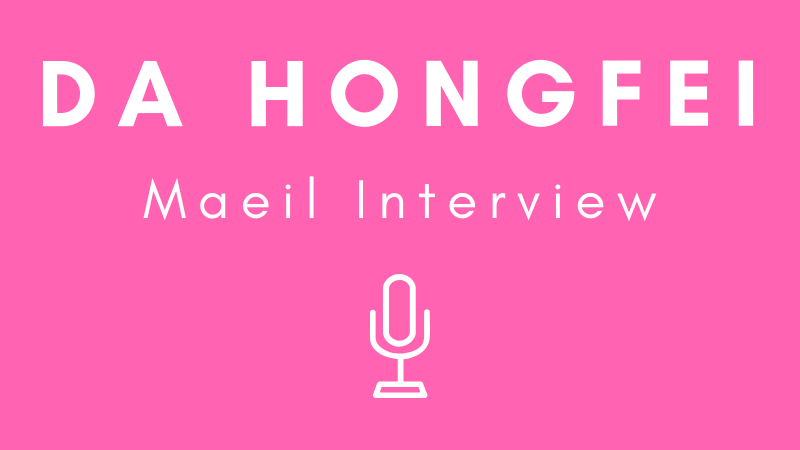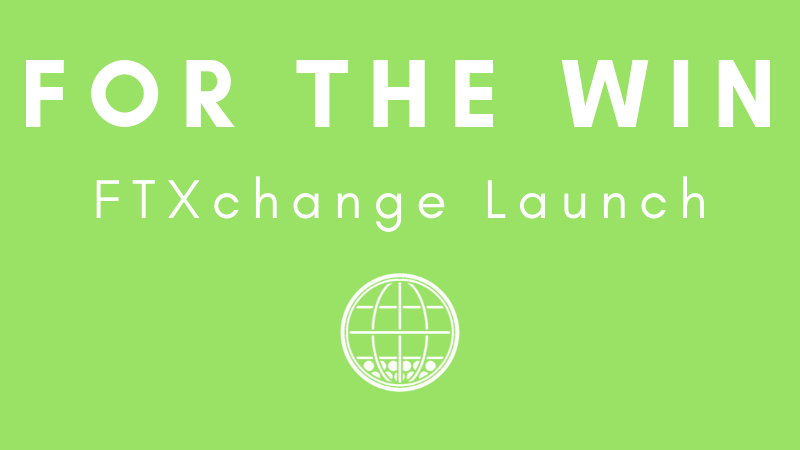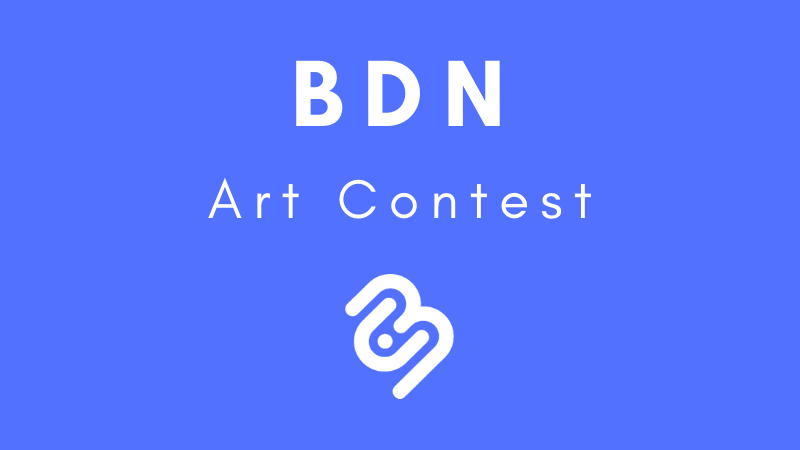
NEO founder Da Hongfei recently sat down for an interview with South Korean newspaper Maeil Business Newspaper. Maeil is Korea’s largest business newspaper, and has maintained a circulation between 500,000 and 1,000,000 readers over the last two decades.
Da Hongfei was in South Korea to present at the annual World Knowledge Forum in Seoul on October 11, 2018, a forum hosted by Maeil’s publisher, Maekyung Media Group.
The following is a transcript of the interview, in which Hongfei and Maeil discussed the possibilities of blockchain-based smart economies, Onchain, Ontology, decentralized digital identities, technology stocks, future mass adoption of blockchain, and fundraising.
Maeil: I saw your interview with Korean press. And you said in ten years, all assets will be digitalized, and when that comes, you call it, “Smart Economy”. And it is possible to lend [borrow] some money from whole stranger, in whole different place, with your real assets.
Hongfei: Yes.
Maeil: So, what else is possible when this smart economy comes? Could you explain more?
Hongfei: In today’s economy, the trading, the transactions, happen mainly between trusted parties. Or we need a trusted third party to coordinate the transactions or tradings. But in smart economy of the future, I think that people don’t need to trust each other; I think that it’s a trustless economy, so you will know that the transaction will be enforced, but not by law, but not by legal systems. But by code.
Maeil: Code?
Hongfei: Yeah, by smart contract.
Maeil: So, other than just lend money from whole other person, in whole other country, what else is possible?
Hongfei: Probably you will see, shared ride, like Uber; you will see cars that are not owned by anyone, it’s owned by itself, and it can drive to fill the gas tank, can do the maintenance by itself; and the car can earn money by sending passengers to the destination, and use money to fill the gas tank, and to do maintenance.
Maeil: Use cryptocurrencies?
Hongfei: It can be cryptocurrencies, or any kind of digital fiat currency.
Maeil: Okay. So you are doing many things, like, you founded NEO, and it [NEO] is a cryptocurrency and also the name of the company?
Hongfei: NEO is not a company, it’s an open-sourced project, like Ethereum, like Bitcoin, it’s not a company, yeah. So, it’s the name of the network, and it’s also the name of the token.
Maeil: And you are the CEO of Onchain, correct?
Hongfei: Yeah.
Maeil: And you started Ontology project.
Hongfei: Actually, Onchain started Ontology project, the company started, I am not a founder of Ontology.
Maeil: So, I think that you should be very busy.
Hongfei: I am quite busy these days [laughs], yeah.
Maeil: And, I heard that Onchain issued Ontology token, and exchanged…1 Ontology token with 5 NEO token. Right?
Hongfei: Well, it’s not an exchange. Because Ontology used the same smart contract system with NEO, so the NEO open source project helped Ontology to develop its smart contract. So that’s like a reward for the NEO community, yeah.
Maeil: Okay.
Hongfei: And it’s not Onchain that issued the token. It’s Ontology Foundation that issued the token, yeah. But Onchain helped to set up the foundation.
Maeil: So, I want to know why…you didn’t start up the Ontology project, Onchain started the project. So, there’s now, an Onchain and Ontology…?
Hongfei: What kind of relationship?
Maeil: Yeah. And what is the focusing area, and what is the synergy, with these?
Hongfei: NEO is a more generic, or general, blockchain. You can build any sort of decentralized application on top of NEO. And Ontology is more focused on digital identity. So, if you are developing dApps for digital identity, you probably should use Ontology. So Ontology is focused on one direction, but NEO is for general.
Maeil: And what about….On–
Hongfei: Onchain.
Maeil: Yes.
Hongfei: Onchain is a for-profit. It’s a private business, and it do development for other enterprises. So, the main business of Onchain is blockchain for business, or blockchain for enterprise.
Maeil: So it helps other blockchain companies?
Hongfei: Help other companies, like other mainstream traditional companies, move their business onto blockchain, yeah. We build private, consortium, and public blockchains.
Maeil: So, I think I saw…NEO is famous for its smart contract, and it’s called by, “The other Ethereum”.
Hongfei: The other- it’s called Chi–
Maeil: China Ethereum, yeah. So, also, is there any difference between–with Ethereum, or–
Hongfei: What’s the difference between NEO and Ethereum?
Maeil: Yeah, and especially in terms of smart contracts.
Hongfei: Well, when–we started at around the same time as Ethereum started. The main difference is the design philosophy. We want NEO to be compatible with the traditional, the traditional system, or the traditional world. We want NEO to be compliant, adopted by mainstream business. So we use different consensus mechanism. And smart contract, we don’t need developers to learn a new language to use smart contract. We can program in C#, in Java, in Python, and other mainstream computer languages, to write smart contract. So, it’s easier.
Maeil: Okay. Today, there’s kind of news, that technology companies’ stocks, fall down. Amazon, Netflix, Facebook, Apple, and Microsoft. So, it was kind of the biggest fall down in seven years. So, do you, because blockchain is kind of same, in terms of, it is technology driven. So, do you think why technology stocks fall down?
Hongfei: I think with every technology that has a very huge potential to change human society, we will have a very high expectation. But for–but it takes time, for the technology to mature, to really be adopted, and benefit the economy. People are impatient, and sometimes, people are over-optimistic. So when they realize that the time is not ready, that we still need a few years, or the financial report is not good, ahh….we will see a drop of market. That’s quite normal, especially with technologies that…have an impact on the future but not now.
Maeil: Do you think blockchain is–blockchain technologies, blockchain companies, is different with those technology companies?
Hongfei: Actually, I think it’s very similar. We saw a dot-com bubble in around 2000. And from last year, we can say now that last year’s frenzy of blockchain, of cryptocurrencies, we can call it a bubble, yeah. It already busted, yeah.
Maeil: It already busted.
Hongfei: The price have been dropped only one-third or one-fourth of the peak, so, yes.
Maeil: And, you said people think, it should be wait for several years. So, how about you think, when…so, how many years do you think left?
Hongfei: For blockchain, yeah.
Maeil: Yeah. To adopted widely, and change disruptly?
Hongfei: Umm…..I think for blockchain to fully fulfill the expectations from people, at least it will take five to ten years. To fulfill the expectation, yeah. To fully meet the expectation.
Maeil: But there’s companies starting to adopt blockchain, like Telegram. So five years, isn’t it too long?
Hongfei: We have to look carefully what they are doing. I think most of them are doing proof of concept, pilot programs. Very, very few of them are really in production system. So, I won’t say that they are really adopting blockchain already. I think they are testing the water.
Maeil: And, Bitcoin has fall down, but it upsurge, it increase again, it falls and increase again. So, do you think that technology stuff that I mentioned to you, it’s gonna increase again? Not surge, but increase?
Hongfei: Definitely, yeah, yeah. We will not be the luckiest of people to see the highest peak in history of technology stocks.
Maeil: When is it?
Hongfei: No, I think we are not that lucky to see the peak, yeah.
Maeil: It’s far in the future.
Hongfei: It’s far in the future, yeah. One company may go down, or even bankrupt, but those companies in total will go up again.
Maeil: So, there’s kind of companies, Apple’s, and companies which its stock’s total market cap is very high. Apple is the first.
Hongfei: The highest one, yes.
Maeil: How much is it?
Hongfei: It’s over one thousand billion U.S. Dollars.
Maeil: Yes. So, you think that technology stocks and blockchain stocks will increase, and we will never see the peak. So, do you think that companies whose values are over…[1 trillion USD], that these values will increase in the future?
Hongfei: We will see, today, there are very few companies that exceeded [1 trillion USD] market cap. In five years, in ten years, I believe we will see more companies. Dozens of companies exceeding that market cap.
Maeil: And there is blockchain companies too, right?
Hongfei: I think so, yeah.
Maeil: Onchain.
Hongfei: I hope so [laughs]. I hope that Onchain can be one of them.
Maeil: So you said that identification by blockchain. So, is it that identification by blockchain is different than current identification?
Hongfei: Current identity system is a centralized system. You rely on central government to issue your identity. It works, but the problem is, these days, the Internet is developing. We have so many data that is linked to your identity. If these data get leaked, it will be a disaster. And because it’s a centralized system, all data is stored in a centralized place, it’s called a “single point of failure”. And it’s inevitable that a system bug or a bad administrator will cause a leak of information, but a blockchain-based identity system is a decentralized system, or distributed system. So all the datas are distributed in different systems. So it’s, even if one system break down, not all the data will be leaked.
Maeil: Oh. So, the owner who have private key can only see their data. And he could allow other persons to see [his] data.
Hongfei: Yeah, you can also authorize other people too. Yes. If you lost, if you leak your private key, only your data is leaked, is at risk. Not others’.
Maeil: Hmm. That’s cool, I think.
Hongfei: [Laughs] It is.
Maeil: Yeah, because there are many hackings, or leaks of information in Korea too, so. Could you name some specific company who is developing this kind of identification solutions?
Hongfei: Ontology is doing that, yeah. And there are organizations, I think under United Nations, I think it’s called ID2020. They have dozens of member companies, and I think those companies are all doing decentralized identity in a different way. Not necessarily blockchain.
Maeil: You come, you visit Korea many times. And is there any reason why you visit Korea, and how do you think about the possibilities or economies, blockchain economies, in Korea?
Hongfei: Korean market is a big market in the crypto industry, or blockchain industry. And it’s [laughs] quite close to China, so it’s easier to travel here. And also the culture is, it’s similar, but. And I think my expression is, Korean people speak very fluent English, so it’s easier to communicate.
Maeil: And, Korean government last year said, “We are not allowing ICOs”, but they are not doing anything like creating regulation or laws, they just said it. Do you think ICOs are important, and why is it? For cryptocurrencies, or blockchain economies?
Hongfei: So we need to define “ICO” first. My definition is, ICO is, to do fundraising, using token, towards general public. Different countries have different legal system. For example in China, it is, ICO are raising money from general public, it is, it’s not legal. And same is in Korea, and maybe Japan, yeah. But in many other countries, it is still unregulated. Regulator never say, it’s legal, or illegal. And in some countries, you need to go through a quite lengthy registration process, and after that, you can do ICO.
Maeil: Like what?
Hongfei: A process. To register with regulators, and you can do an ICO. So it’s, from the technical, pure technical point of view, I think ICO is a good way to raise money, to do fundraising. But from the legal point of view, you have to be compliant with local legal, local law.
Maeil: So Ontology has issued tokens, right.
Hongfei: Yeah.
Maeil: It had an ICO.
Hongfei: It didn’t have an ICO.
Maeil: It didn’t.
Hongfei: Yes. Ontology raised funds from less than 20, around…10 to 20 institutional investors.
Maeil: So, it’s not impossible for blockchain companies to fundraise, if there’s no ICO.
Hongfei: If you don’t do it, if you don’t do fundraising towards general public, it shouldn’t be regarded as an ICO. It’s not a public offering, it’s like a private fundraising, yeah.
Maeil: Thank you, thank you. I’m very appreciative.
Hongfei: Thank you very much. Thank you.
The article published by Maeil can be found at the link below:
http://m.mk.co.kr/news/headline/2018/667900#mkmain
Da Hongfei is a founder of NEO and Onchain.
Maeil’s business newspaper is available in English.







About The Author: Colin Closser
Colin Closser, M.D., was a speaker at the first NEO DevCon in San Francisco. A devoted contrarian, he has managed the improbable: a peaceful and healthy life, despite holding a medical degree. He aspires towards the wisdom of Michael Lewis and Nassim Nicholas Taleb.
More posts by Colin Closser